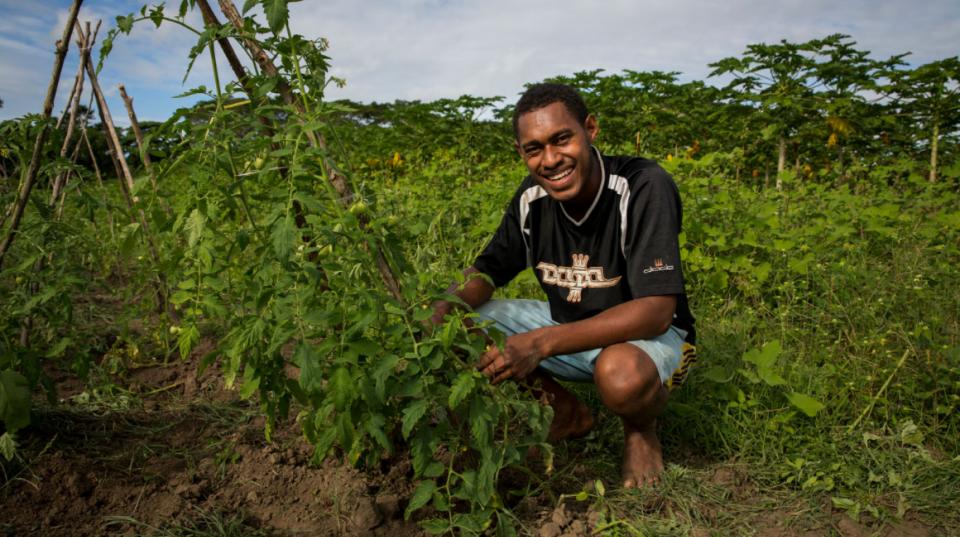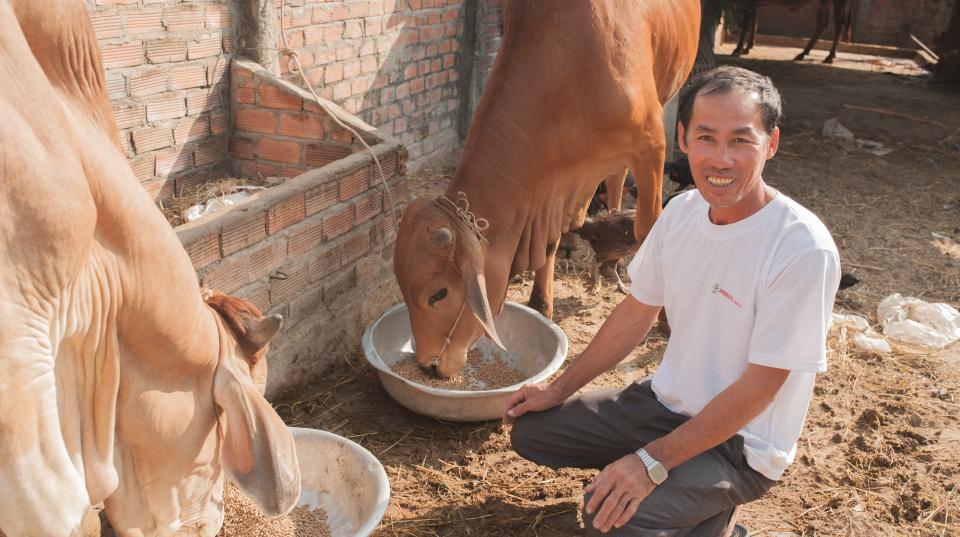Overview
This project aimed to determine the most strategic gaps to fill in 4 developing country inventory systems and the detailed activities needed to do so for Fiji and Vietnam in ways that support long-term capacity-building in all countries involved as well as effective south-south collaboration and learning.
The longer-term goal is to ensure that inventory systems are sustainable and sufficiently detailed and targeted in order to enable policies and markets that could contribute to mitigation while also benefitting small-scale producers. The outcomes would thereby include more on-ground mitigation actions aligned with both international commitments (i.e. Nationally Determined Contributions (NDC) under the Paris Agreement) and national food security needs.
The two main ACIAR development objectives addressed by the project are managing natural resources and producing food more sustainably, adapting to climate variability and mitigating climate change and; building scientific capability within our partner countries.
The project facilitates closer cooperation between international and national scientists directly involved in developing feasible and quantifiable GHG mitigation options at scale and the delivery of the primary accounting instrument used in NDC compliance, the national GHG inventory for agriculture.
The project builds on prior investments by both Australia and New Zealand, including LWR/2017/029 “Agriculture based emission-reduction options to support NDC in Vietnam and Fiji” which led to: 1) a governance checklist which complements other international inventory assessment processes and which can be applied in this SRA, 2) an initial identification of promising mitigation options with co-benefits in each country, and 3) a broad assessment of capacity gaps for developing and maintaining national inventory systems. It will also identify the next steps that best complement investments by others in inventory systems and their use in driving mitigation actions.
Project outcomes
- Supporting partners in Fiji and Vietnam in conducting reviews of their national agricultural GHG inventory with an emphasis on cropping and livestock sectors (including information gathering, data analysis, governance arrangements, external partnerships and capacity building).
- Supporting partners in Fiji and Vietnam to identify the most critical gaps in development of robust national agricultural GHG inventory systems in the crop and livestock sectors, taking into account country specific goals, existing external support and internal investments, and how best to leverage Australian and New Zealand expertise. Improvements will lead to the greatest near-term benefits both in terms of mitigation and enabling co-benefits to producers.
- Collaborating with NZAGRC to similarly target improved reporting in the cropping and livestock sectors of national agricultural GHG inventory systems of Indonesia and Kenya and facilitate greater south-south collaboration and cooperation in developing accurate and defensible country specific agricultural GHG inventories.
- Working with all partners to construct detailed project plans for a larger investment to fill research gaps in the development of the national agricultural GHG inventory systems for the cropping and livestock sectors in Fiji, Vietnam, Indonesia and Kenya.





